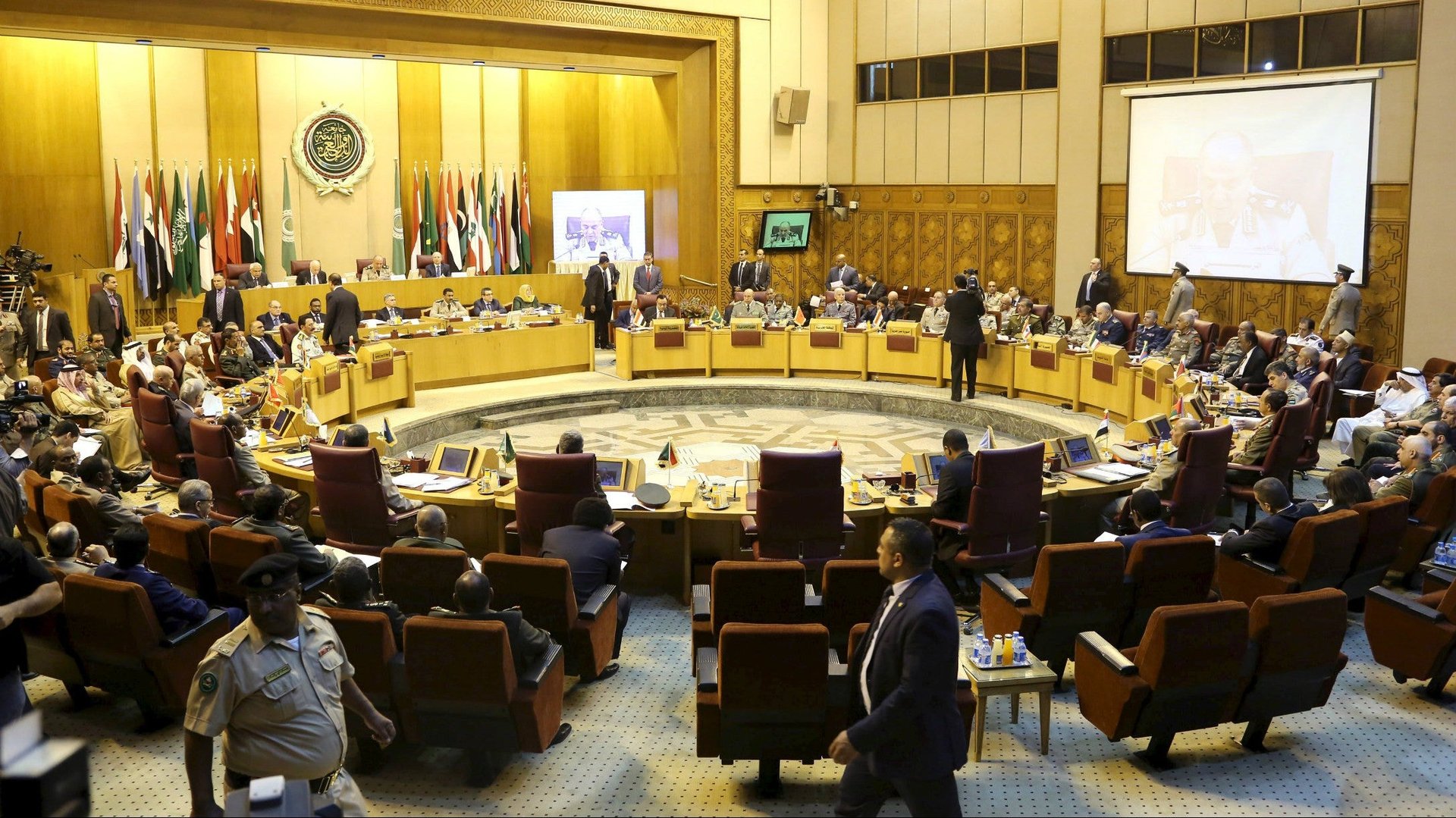An Arab force to solve Arab problems? Don’t believe a word of it
It sounds like plain common sense: a joint Arab military force to intervene in regional crises. Alas, the plan, drawn up yesterday by the Arab world’s military chiefs, will go no farther than the Cairo conference room where it was concocted.


It sounds like plain common sense: a joint Arab military force to intervene in regional crises. Alas, the plan, drawn up yesterday by the Arab world’s military chiefs, will go no farther than the Cairo conference room where it was concocted.
For one thing, there’s no need for a new force. One already exists: the 40,000-strong Gulf Cooperation Council’s “Peninsula Shield,” armed with the best weapons petrodollars can buy. It has never been deployed in any frontline military operation (a small police action in Bahrain in 2011 doesn’t count), and it’s instructive that the GCC states have not dispatched Shield units to the peninsula’s current conflict, in Yemen. If the Arab states were serious about a combined force, it would simply be a matter of adding some non-Gulf elements—Egypt’s, for instance—to the Shield. It’s hard to see why they would go through the complicated and time-consuming process of creating an entirely new force, unless the proposal is merely a PR exercise.
For another, as I’ve written before, Arab militaries are designed to protect regimes from mostly unarmed pro-democracy activists, not to fight actual wars. When deployed against other armed forces, they usually come to grief—from the 1960s, when Gamal Abdel Nasser’s Egyptian invasion force was trounced in Yemen, to the present day, when Bashar al-Assad’s Syrian army is being is being beaten back on several fronts by rebels, al-Qaeda affiliates, and the Islamic State.
The plan for a new joint force was in trouble even before it was announced: There’s disagreement on where it should be based. Egypt wants the force on its soil, but Qatar and Algeria are not comfortable with that arrangement. In the background is the ongoing bickering between Saudi Arabia (with Cairo, which receives massive amounts of aid from Riyadh, acting as its catspaw) and Qatar.
US defense secretary Ash Carter has blessed the idea of a joint Arab force, but it’s a good bet that nobody at the Pentagon is counting on such a force to take on the region’s most pressing crisis: the continued threat posed by ISIL. Unless, of course, the terrorists can be defeated with resolutions in conference rooms.